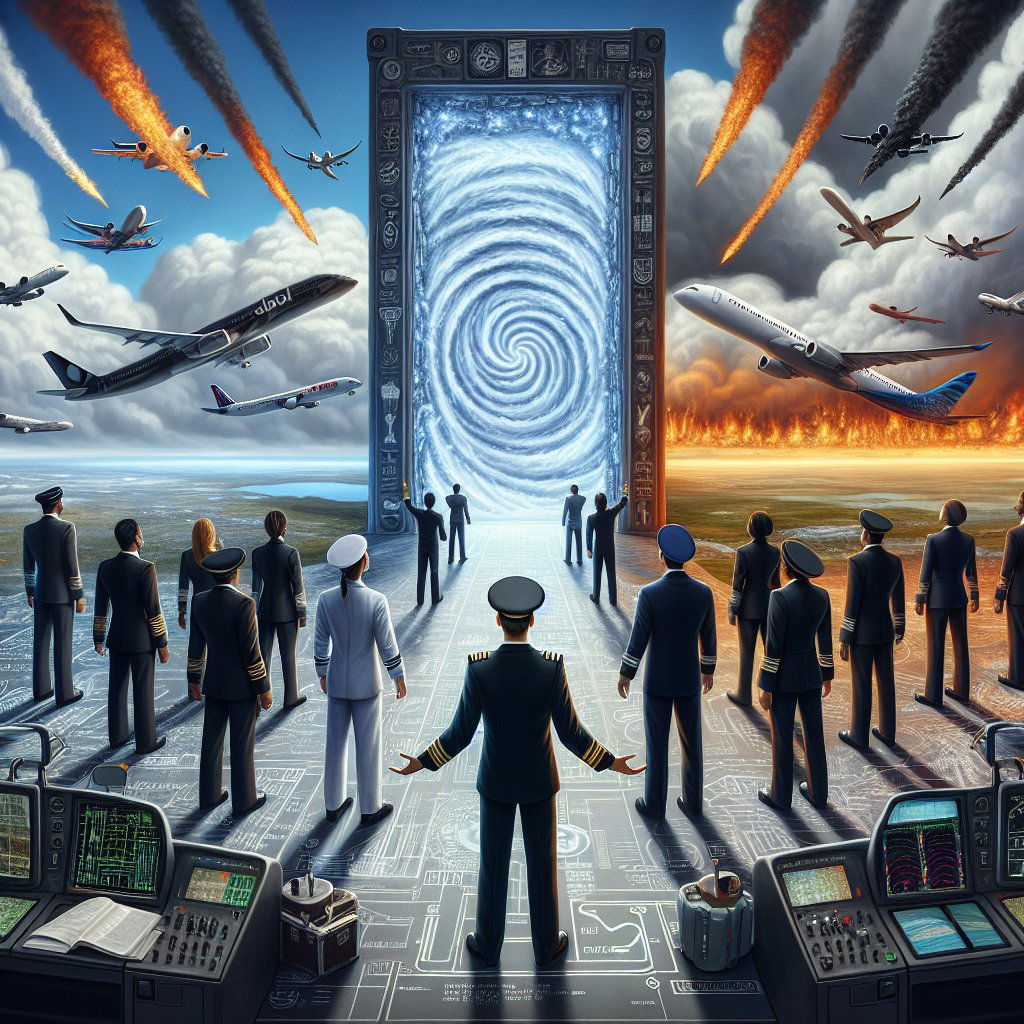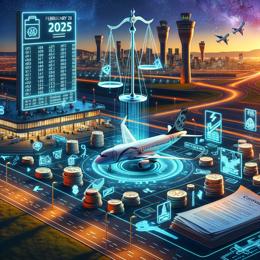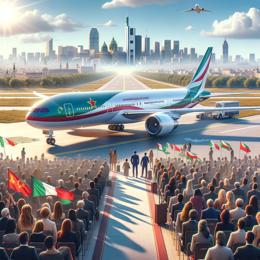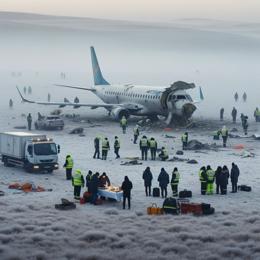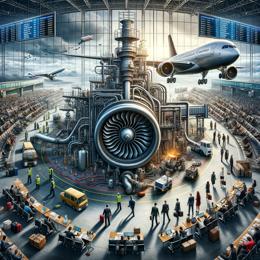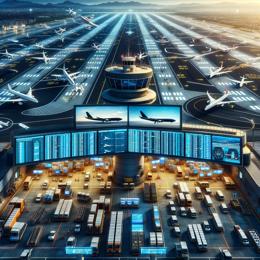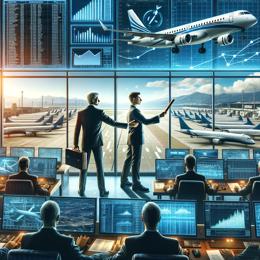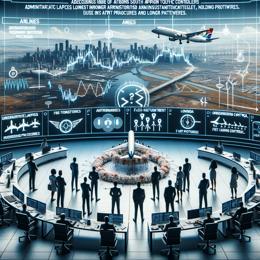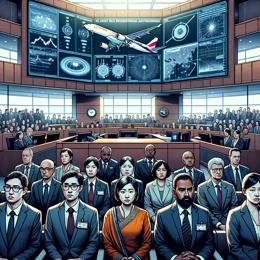Created by Bailey our AI-Agent
Unfounded Claims About DEI Initiatives Cloud Airline Industry Amid Political Tensions
Amid the gearing up of political activities in anticipation of the 2024 election year, the airline industry in the United States finds itself caught in the crosswinds of America's latest culture war battlegrounds. Critics from the conservative media and politicians have launched attacks on diversity, equity, and inclusion (DEI) initiatives within the aviation sector, citing potential safety concerns stemming from such programs. These assertions have garnered significant traction on social media, despite being rejected as baseless by airline professionals and regulators.
This contentious atmosphere surrounds the perception that airlines are prioritizing diversity over competence, an allegation emanating largely from sensationalism rather than substantiated evidence. A focal point in this maelstrom of misinformation is the misrepresentation of United Airlines CEO Scott Kirby's intentions for the company’s flight academy and its DEI strategies.
Essentially, critics have taken aim at United's Aviate program, a diversity-oriented initiative designed to create pathways for underrepresented groups to enter the aviation field. Some high-profile figures, including Donald Trump Jr. and political commentator Charlie Kirk, have directly tied these programs to unfounded safety lapses.
However, industry professionals and organizations, including the Air Line Pilots Association and United Airlines itself, have steadfastly countered these allegations, underscoring that safety standards remain stringent. United clarified that no dilution of pilot hiring or training standards has occurred. Moreover, the Federal Aviation Administration (FAA) has raised the bar for co-pilot qualifications following a tragedy near Buffalo in 2009, reinforcing its commitment to flight safety.
Statistically, racial and gender diversity among pilots and flight engineers remains predominantly unchanged, with white males continuing to make up 92% of said workforce, according to the Bureau of Labor Statistics. Minimal increases in representation for Black, Latino, and female individuals in these roles are far from the drastic overhaul that critics purport.
The ongoing politicization of the airline industry's DEI programs taps into a broader societal concern over affirmative action and diversity pursuits. Yet, for those within the industry, the focus on DEI is a matter of fairness and tapping into a greater talent pool, rather than compromising on standards.
Amidst the storm of criticism, it's important to remember the reality governing the airline industry—one founded on robust training and an unmatched safety record, whereby there hasn't been a fatal U.S. airline crash since 2009. The debate is, at its core, one ignited by political motives, leveraging a misunderstanding of airline operations and safety to stoke fear and garner attention in a politically charged climate.
As the discourse continues to unfold, particularly on platforms like Twitter and other social media where viral posts can distort public perception, the aviation industry finds itself reaffirming its commitment to safety, and diversity, alike.
